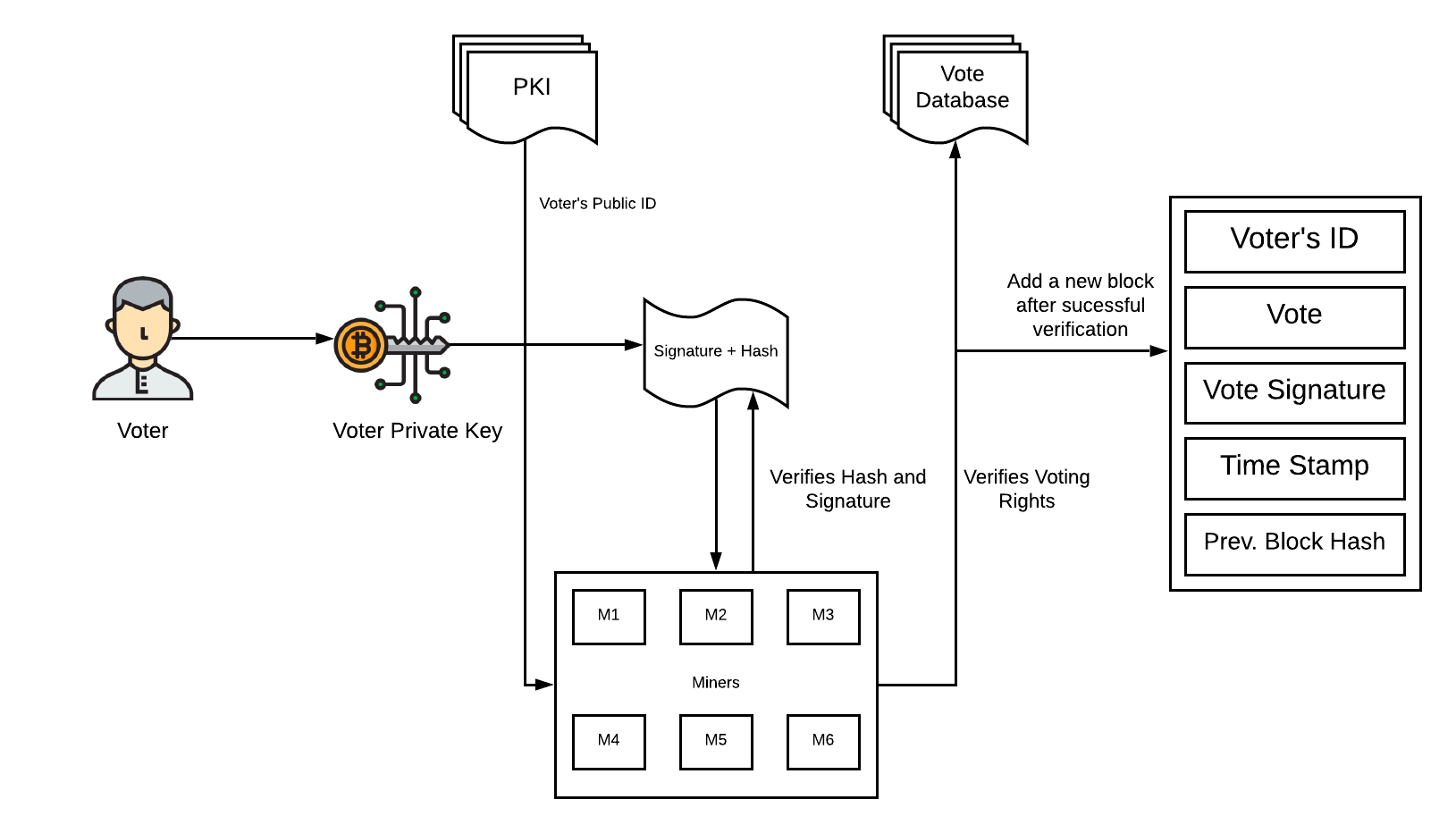How To Use Crypto For Secure And Transparent Elections
The world of elections is about to get a whole lot more exciting. With the rise of cryptocurrency and blockchain technology, the possibilities for secure, transparent, and efficient elections are endless. Imagine a system where every vote is accounted for, tampering is impossible, and results are verifiable by anyone. Sounds too good to be true? Not with crypto.

- Breaking Into The World Of Investing: A Beginner’s Guide To Stablecoins
- Crypto Conundrum: Unraveling The Bitcoin Vs Ethereum Investment Puzzle
- How Decentralized Finance Defi Is Changing The Financial Industry
- A New Era Of Lending In Decentralized Finance Understanding Flash Loans
- The Crypto Exchange Conundrum: Why Liquidity And Market Depth Hold The Key To Success
In this article, we’ll dive into the world of crypto-based elections and explore how this technology can revolutionize the way we vote. From the basics of blockchain to the implementation of crypto-based voting systems, we’ll cover it all.
A Brief Introduction to Blockchain
Before we dive into the world of crypto-based elections, let’s quickly cover the basics of blockchain. In simple terms, blockchain is a decentralized ledger that records transactions across a network of computers. These transactions are bundled into "blocks" and linked together using cryptography, creating a permanent and unalterable record.
How Crypto-Based Elections Work
Now, let’s imagine how this technology can be applied to elections. Here’s a step-by-step breakdown of how crypto-based elections work:
- Voter Registration: Each voter is assigned a unique digital identity, which is linked to their voting credentials.
- Crypto-Based Voting System: A blockchain-based voting system is established, where each vote is recorded as a transaction.
- Voting: Voters cast their votes using a digital wallet or a dedicated voting app. Each vote is encrypted and recorded on the blockchain.
- Verification: Votes are verified through a decentralized network of nodes, ensuring the integrity of the voting process.
- Results: The results of the election are calculated and recorded on the blockchain, making them transparent and verifiable by anyone.
Benefits of Crypto-Based Elections
So, why should we care about crypto-based elections? Here are just a few benefits:
- Security: With blockchain, the risk of tampering or manipulation is significantly reduced. Each vote is encrypted and recorded on a decentralized ledger, making it virtually impossible to alter.
- Transparency: The results of the election are verifiable by anyone, reducing the risk of disputes or controversies.
- Efficiency: Crypto-based elections can be conducted remotely, reducing the need for physical polling stations and increasing voter turnout.
- Cost-Effective: The decentralized nature of blockchain reduces the need for intermediaries, making the voting process more cost-effective.
Challenges and Limitations
While crypto-based elections hold a lot of promise, there are still some challenges and limitations to consider:
- Scalability: Blockchain technology is still in its early stages, and scalability is a major concern. Can it handle the volume of votes required for a national election?
- Regulation: The regulations surrounding crypto-based elections are still unclear. Governments and regulatory bodies need to establish clear guidelines for the use of blockchain in elections.
- Voter Adoption: Crypto-based elections require a certain level of technical expertise. How can we ensure that all voters have access to the necessary technology and training?
Real-World Applications
Despite the challenges and limitations, many countries and organizations are already exploring the use of crypto-based elections. Here are a few examples:
